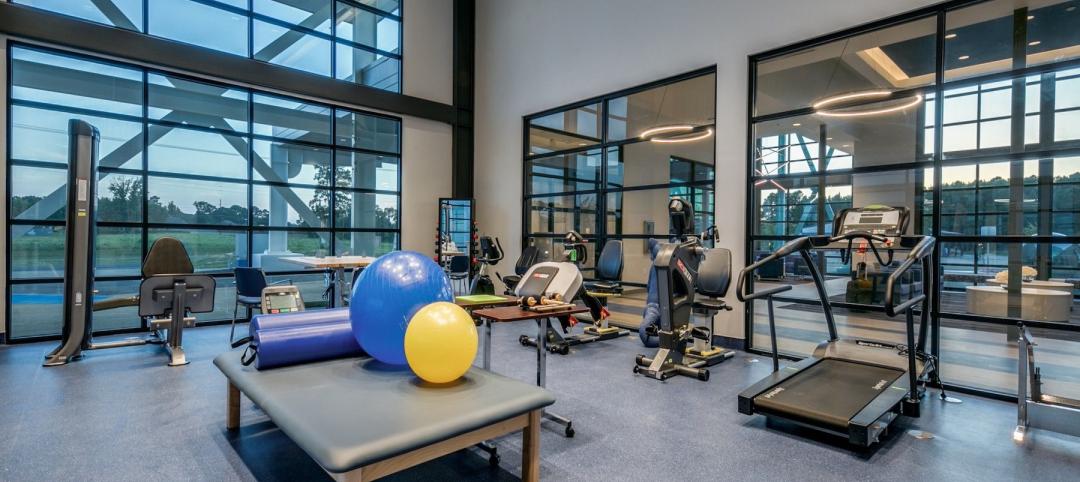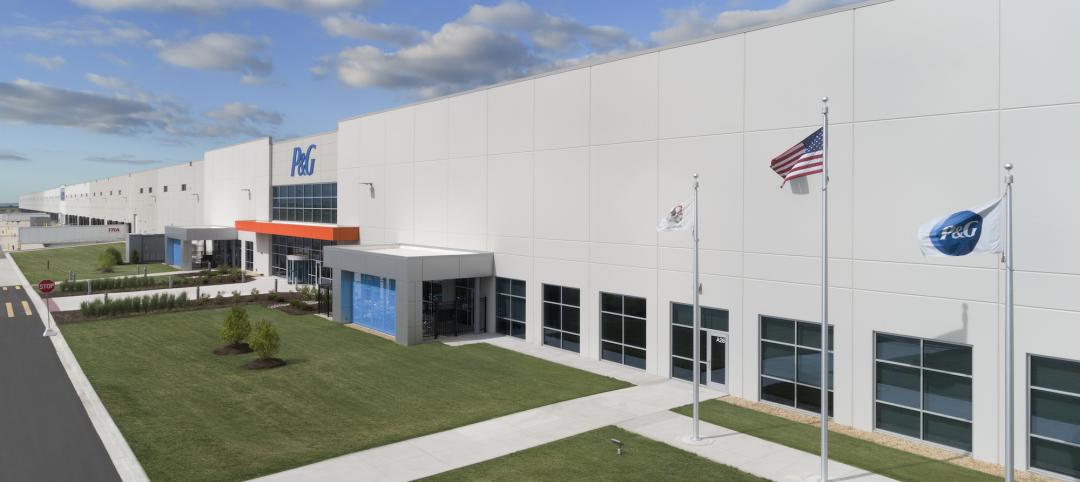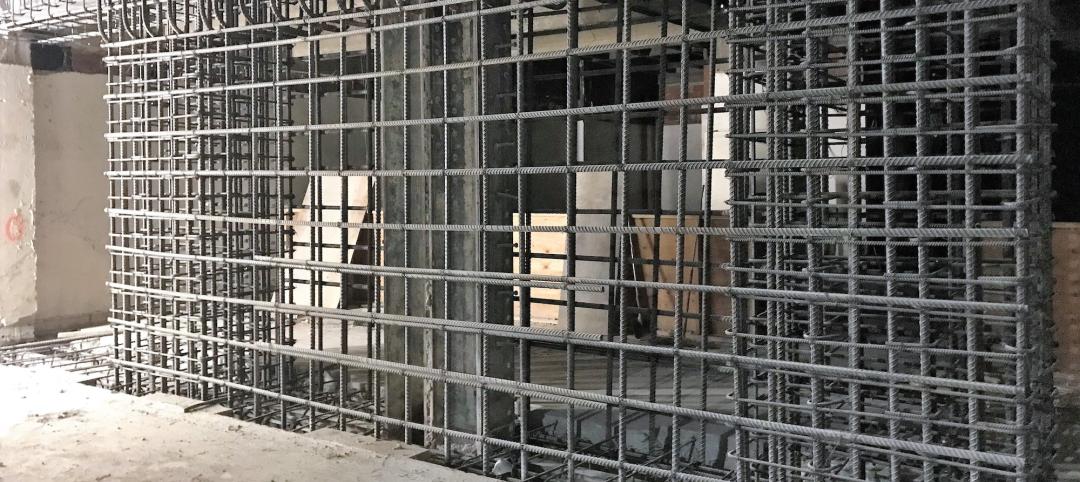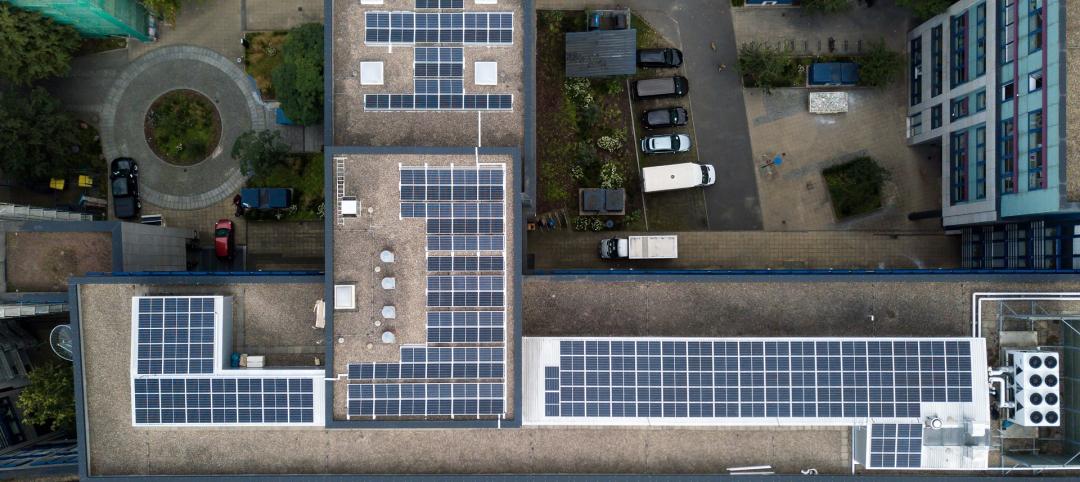The U.S. Department of Energy (DOE) and U.S. Department of Commerce announced selections for three Centers for Building Operations Excellence that will receive a total of $1.3 million to create and deploy programs aimed at training and expanding current and incoming building operators. The centers are part of the Obama administration’s Better Buildings Initiative, which is working to improve the energy efficiency of America’s commercial buildings 20 percent by 2020, with the potential to reduce American business’ energy bills by approximately $40 billion per year.
“Improving energy efficiency in business and manufacturing is critical for helping American businesses keep costs down and stay competitive in the global economy,” said Secretary of Energy Steven Chu. “The first step is ensuring we have well-trained buildings and facilities operators that know how to boost building performance and keep commercial facilities from wasting energy.”
The three Centers for Building Operations Excellence will work with universities, local community and technical colleges, trade associations, and the Energy Department’s national laboratories to build training programs that provide commercial building professionals with the critical skills they need to optimize building efficiency while reducing energy waste and saving money. The DOE and Commerce’s National Institute of Standards and Technologies’ Manufacturing Extension Partnership (NIST MEP) are jointly funding the centers.
“These federal grants are an example of the Obama administration’s commitment to investing in cutting-edge, job-creating technologies that save money and improve energy efficiency as part of an all-of-the above approach to American energy,” said Acting Commerce Secretary Rebecca Blank. “These centers will help ensure that American workers have the skills they need to remain globally competitive in a 21st century economy.”
The Centers for Building Operations Excellence, chosen through a competitive grants process, utilize multi-organization partnerships and support from local and state governments. The selected centers are:
· The Corporation for Manufacturing Excellence in California, partnering with Laney College and the International Union of Operating Engineers Local 39;
· Delaware Valley Industrial Resource Center in Pennsylvania, partnering with Pennsylvania State University, Pennsylvania College of Technology, and Drexel University; and
· New York State Department of Economic Development in New York, partnering with City University of New York and Rochester Institute of Technology.
The Better Buildings Initiative program creates opportunities for current and future facilities staff of all levels to obtain valuable skills that support a clean energy economy. Specifically, the funding announced today will help the three centers develop curricula and pilot training programs for building operators, managers, and energy service providers, focusing on building re-tuning, energy management, and building operations in commercial, industrial, and educational buildings. The training will outline steps building operators can take to reduce energy consumption, save money and drive continuous improvement in a broad range of commercial buildings.
To learn more about the Better Buildings Initiative, visit http://www1.eere.energy.gov/buildings/betterbuildings/. To learn more about NIST MEP’s work to support manufacturers nationwide, visit www.nist.gov/mep.
Related Stories
Digital Twin | Nov 21, 2022
An inside look at the airport industry's plan to develop a digital twin guidebook
Zoë Fisher, AIA explores how design strategies are changing the way we deliver and design projects in the post-pandemic world.
Healthcare Facilities | Nov 17, 2022
Repetitive, hotel-like design gives wings to rehab hospital chain’s rapid growth
The prototype design for Everest Rehabilitation Hospitals had to be universal enough so it could be replicated to accommodate Everest’s expansion strategy.
Industrial Facilities | Nov 16, 2022
Industrial building sector construction, while healthy, might also be flattening
For all the hoopla about the ecommerce boom and “last mile” order fulfillment driving demand for more warehouse and manufacturing space, construction of industrial buildings actually declined over the past five years, albeit marginally by 2.1% to $27.3 billion in 2022, according to estimates by IBIS World. Still, construction in this sector remains buzzy.
Seismic Design | Nov 16, 2022
SPC-4D: 7 reasons California hospital building owners should act now to meet seismic compliance
Seismic compliance with the applicable California building codes is onerous and disruptive for building owners, especially for a building in the heavily regulated sector of healthcare. Owners of older buildings that house acute care services have a big deadline on the horizon—Jan. 1, 2030, the cutoff date to upgrade their buildings to SPC-4D.
Wood | Nov 16, 2022
5 steps to using mass timber in multifamily housing
A design-assist approach can provide the most effective delivery method for multifamily housing projects using mass timber as the primary building element.
Green | Nov 13, 2022
NREL report: Using photovoltaic modules with longer lifetimes is a better option than recycling
A new report from the U.S. National Renewable Energy Laboratory (NREL) says PV module lifetime extensions should be prioritized over closed-loop recycling to reduce demand for new materials.
Green | Nov 13, 2022
Global building emissions reached record levels in 2021
Carbon-dioxide emissions from building construction and operations hit an all-time high in 2021, according to the most recent data compiled by the Global Alliance for Buildings and Construction.
University Buildings | Nov 13, 2022
University of Washington opens mass timber business school building
Founders Hall at the University of Washington Foster School of Business, the first mass timber building at Seattle campus of Univ. of Washington, was recently completed. The 84,800-sf building creates a new hub for community, entrepreneurship, and innovation, according the project’s design architect LMN Architects.
Giants 400 | Nov 8, 2022
Top 110 Sports Facility Architecture and AE Firms for 2022
Populous, HOK, Gensler, and Perkins and Will top the ranking of the nation's largest sports facility architecture and architecture/engineering (AE) firms for 2022, as reported in Building Design+Construction's 2022 Giants 400 Report.
Giants 400 | Nov 8, 2022
Top 60 Sports Facility Contractors and CM Firms for 2022
AECOM, Mortenson, Clark Group, and Turner Construction top the ranking of the nation's largest sports facility contractors and construction management (CM) firms for 2022, as reported in Building Design+Construction's 2022 Giants 400 Report.

















